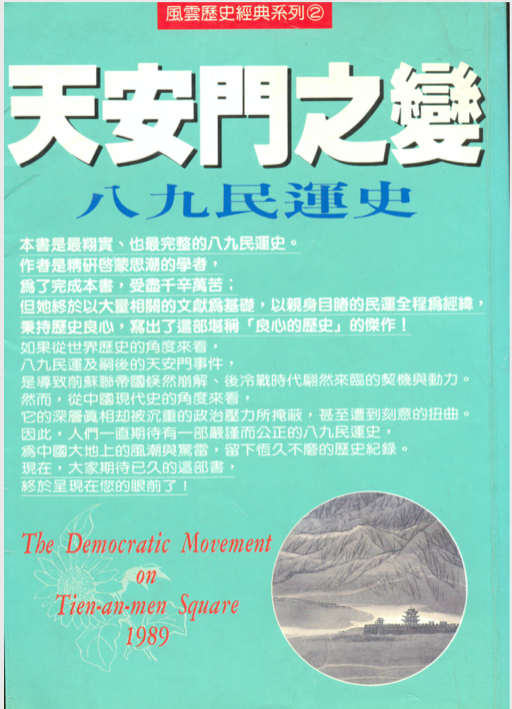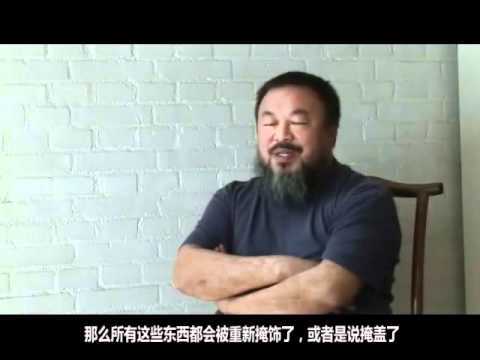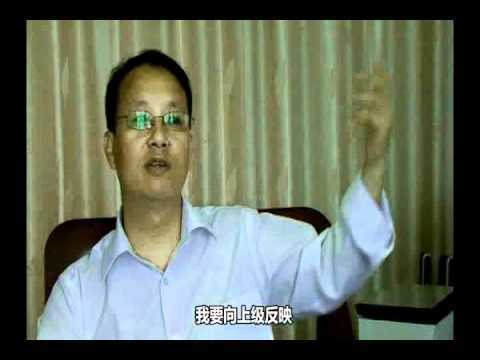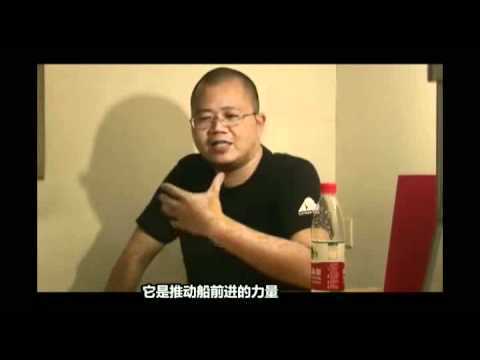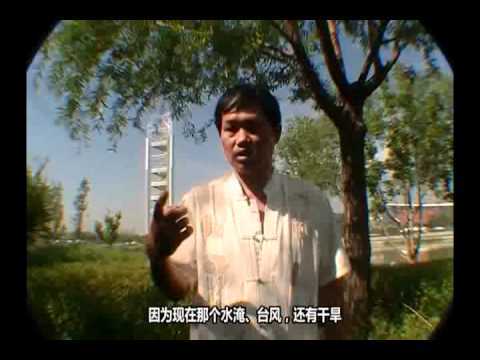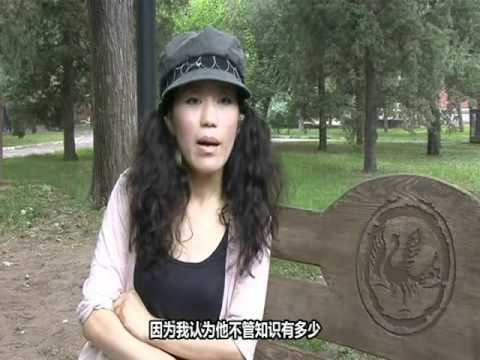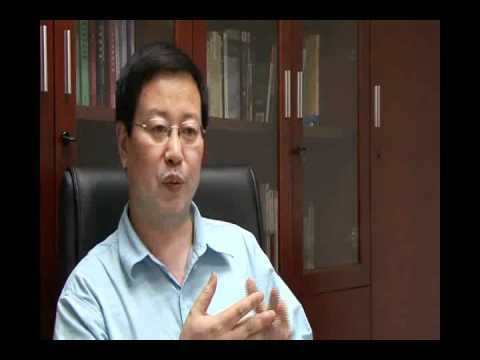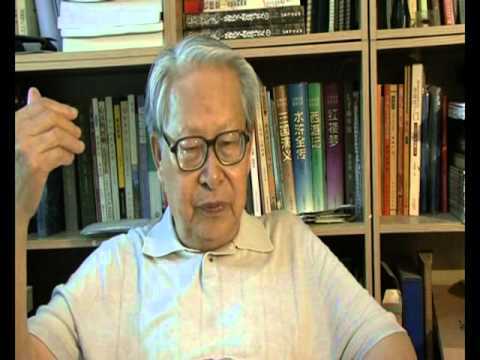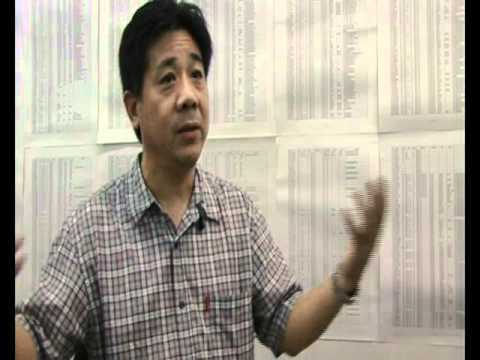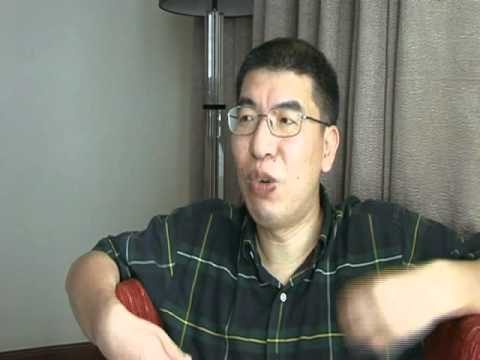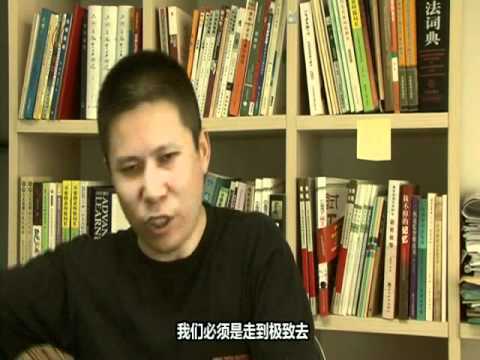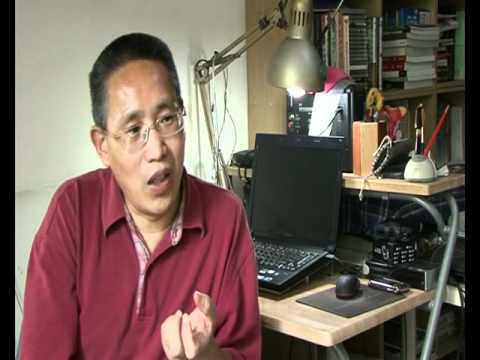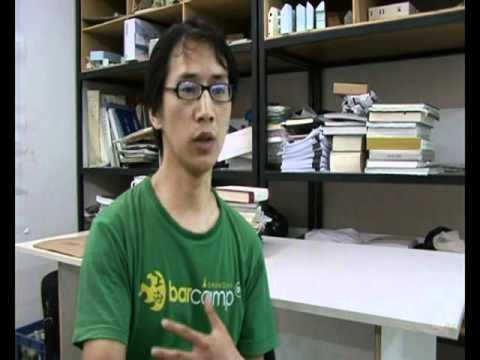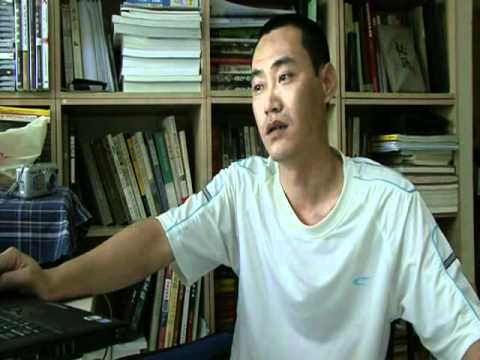Explore the collection
Showing 64 items in the collection
64 items
Article
Facts of the 1958-1962 Disaster in Fengyang County, Anhui Province
The author of this book, Luo Pinghan, is a native of Anhua County, Hunan Province. He graduated from the Party History Department of Renmin University of China and served as director and professor of the Party History Teaching and Research Department of the Party School of the Central Committee of the Communist Party of China. This book was published by Fujian People's Publishing House in 2003.
With Mao Zedong's affirmation, the system of people's communes was rapidly promoted across the country in 1958. At that time, the people's commune was both a production organization and a grassroots political power. Its rise and fanatical development are closely related to the subsequent Great Famine.
As a scholar within the system, the author’s view of history also belongs to orthodox ideology. Although this book is narrated from the official ideology of the CCP, it uses rich and detailed historical materials to comprehensively and systematically introduce the history of the People's Communes, giving it a reference value for a comprehensive understanding of this movement.
Book
History of the 1989 Democracy Movement
This 10-volume book of 1.3 million words was written by Chen Xiaoya, a former associate researcher at the Institute of Political Science of the Chinese Academy of Social Sciences. The first edition was written in April 1994 and published in Taiwan in 1996, but with just over 200,000 words. Later, Chen Xiaoya revised the book several times to increase its content: starting from 1976, the year of Mao Zedong's death, and covering Hu Yaobang's political career as well as the background of the June Fourth Incident and also adding the contents of the memoirs of the parties involved in the June Fourth Incident. The number of words was increased to 1,360,000 words in 2016 when the book was published. The book was reprinted in 2019.
Purchase link:https://www.amazon.com/%E3%80%8A%E5%85%AB%E4%B9%9D%E6%B0%91%E9%81%8B%E5%8F%B2%E3%80%8B%E3%80%8A%E5%85%AB%E4%B9%9D%E6%B0%91%E8%BF%90%E5%8F%B2%E3%80%8B-%E7%AC%AC%E5%85%AB%E5%8D%B7-DEMOCRACY-MOVEMENT-Traditional-ebook/dp/B07VN848V8
Article
Memorandum on "Three Years of Natural Disasters"
The years 1959-1961 were very unusual in the history of disasters in China and the world in the 20th century. Anyone who has experienced it will recall the starvation years and the days when people starved to death everywhere. However, due to official concealment and denial, the number of people who died in this disaster has never been officially announced.
The purpose of Jin Hui's article is to estimate the number of unnatural deaths during the three years of the 1959-1961 disaster in China. Based on public data released by the authoritative National Bureau of Statistics in China Jin concludes that about 40 million people died, which roughly matches studies by foreign scholars, who have estimated up to 45 million.
Film and Video
Memory of Lin Zhao
Independent director Tiger Temple began shooting this film in 2010 and completed it in 2012, with subsequent revisions. The film features interviews with Lin Zhao's former lover Gan Cui as well as interviews with several independent scholars such as Qian Liqun and Cui Weiping. It is a powerful addition to Lin Zhao's memory. This film was selected as one of the top 20 finalists in the 2012 Sunshine Chinese Documentary Awards.
Film and Video
Ram
The documentary "Ram" was filmed by independent director Tiger Temple in 2016 and is available here in a revised version by the author in 2021. The film documents a real-life incident that took place in Xi'an during the "1983 crackdown". The encounter of the artist Gong Yang (real name Li Xiaoming), the main character of the documentary, is quite representative. It reflects the cruelty and absurdity of the "1983 Crackdown" political campaign launched under the direction of Deng Xiaoping.
Film and Video
South Side Street
South side Street near Tiananmen Square in Beijing has long been a gathering place for some homeless people as well as petitioners. The director became involved in the homeless relief charity in 2007, and continued to follow the film, which the director finished editing eight years later. The film was selected for the 12th China Independent Film Festival Documentary Competition.
Film and Video
Working toward a Civil Society (Episode 1): Zhang Hui
How can China build a real civil society? Since 2010, independent director Tiger Temple sat for a series of interviews with scholars and civil society actors.
Film and Video
Working toward a Civil Society (Episode 10): Ai Weiwei
How can China build a true civil society? Since 2010, independent director Tiger Temple has conducted a series of interviews with scholars and civil society participants.
Film and Video
Working toward a Civil Society (Episode 11): Liu Xiaoyuan
How can China build a true civil society? Since 2010, independent director Tiger Temple has conducted a series of interviews with scholars and civil society participants.
Film and Video
Working toward a Civil Society (Episode 12): Zhai Minglei
How can China build a true civil society? Since 2010, independent director Tiger Temple has conducted a series of interviews with scholars and civil society participants.
Film and Video
Working toward a Civil Society (Episode 13): Li Jiafu
How can China build a true civil society? Since 2010, independent director Tiger Temple has conducted a series of interviews with scholars and civil society participants.
Film and Video
Working toward a Civil Society (Episode 14): Su Yutong
How can China build a true civil society? Since 2010, independent director Tiger Temple has conducted a series of interviews with scholars and civil society participants.
Film and Video
Working toward a Civil Society (Episode 15 and 16): Xia Yeliang
How can China build a true civil society? Since 2010, independent director Tiger Temple has conducted a series of interviews with scholars and civil society participants.
Film and Video
Working Toward a Civil Society (Episode 17): Du Guang
How can China build a true civil society? Independent director Tiger Temple has conducted a series of interviews with scholars and civil society participants since 2010.
Film and Video
Working toward a Civil Society (Episode 18): Feng Zhenghu
How can China build a true civil society? Since 2010, independent director Tiger Temple has conducted a series of interviews with scholars and civil society participants.
Film and Video
Working Toward a Civil Society (Episode 19): Fu Guoyong
How can China build a true civil society? Independent director Tiger Temple has conducted a series of interviews with scholars and civil society participants since 2010.
Film and Video
Working toward a Civil Society (Episode 2): Xu Zhiyong
How can China build a real civil society? Since 2010, independent director Tiger Temple sat for a series of interviews with scholars and civil society actors.
Film and Video
Working toward a Civil Society (Episode 20): Zhang Yaojie
How can China build a true civil society? Since 2010, independent director Tiger Temple has conducted a series of interviews with scholars and civil society participants.
Film and Video
Working toward a Civil Society (Episode 21): Zhou Shuguang
How can China build a true civil society? Since 2010, independent director Tiger Temple has conducted a series of interviews with scholars and civil society participants.
Film and Video
Working Toward a Civil Society (Episode 22): Yin Deyi
How can China build a true civil society? Independent director Tiger Temple has conducted a series of interviews with scholars and civil society participants since 2010.

